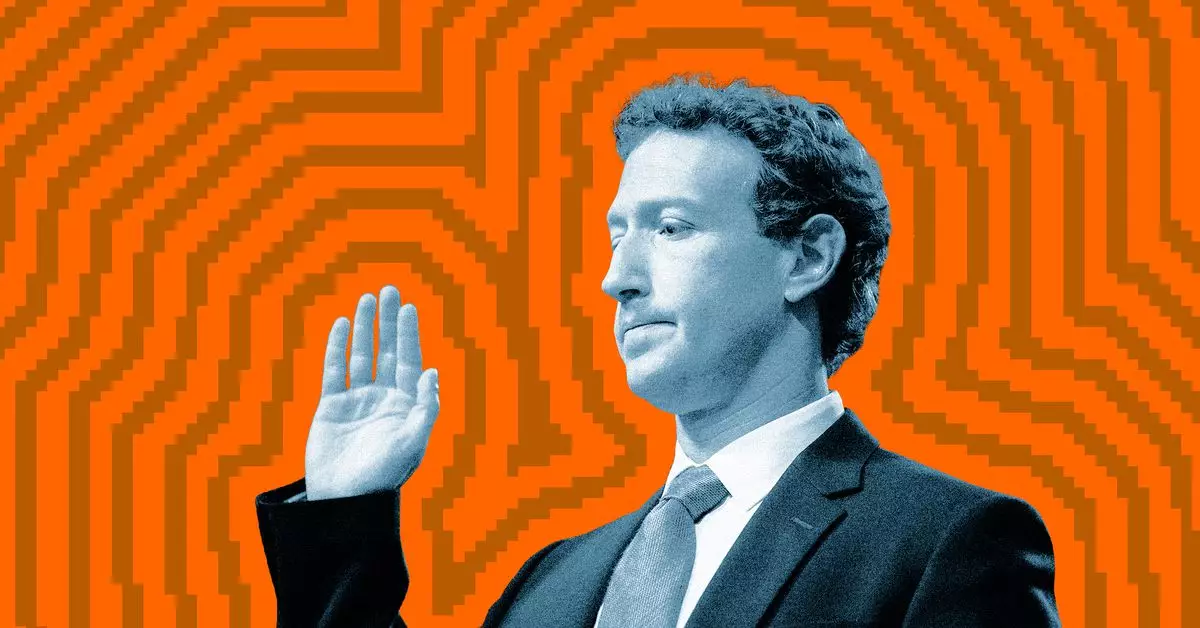In the realm of technology and governance, few encounters are as significant as the recent dinner between Meta’s CEO Mark Zuckerberg and President-elect Donald Trump at Mar-a-Lago. This meeting, which unfolded against the backdrop of a polarizing political climate and high-stakes discussions around innovation in America, highlights the intricate dance between the tech industry and political power. Zuckerberg, having been a formidable figure in the tech sphere, finds himself navigating treacherous waters, particularly following Facebook’s controversial role in the 2020 presidential election. As tech companies increasingly play powerful roles in politics, the implications of such interactions cannot be understated.
Following the dinner, an official statement from Meta spokesperson Andy Stone emphasized the importance of this meeting: “It’s an important time for the future of American Innovation.” These words resonate deeply, articulating a concern that transcends partisan politics. The intersection of technology and governance is not merely informed by immediate outcomes, but by the long-term vision of innovation as a pillar of American progress. Stone’s comments suggest a desire for dialogue between tech leaders and political figures, potentially shaping legislation that could affect the industry for years to come.
Despite the seemingly constructive nature of the meeting, it is essential to acknowledge the controversies surrounding Zuckerberg’s leadership of Facebook. Accusations have arisen regarding Facebook’s influence on the electoral process, particularly accusations related to the dissemination of misinformation. Furthermore, Zuckerberg has faced public scrutiny for his financial contributions to initiatives aimed at expanding mail-in voting—a contentious issue that many view through differing political lenses. These elements paint a complex picture of what Zuckerberg represents and the challenges he faces in fostering a positive relationship with those in power.
The implications of this meeting are far-reaching, especially as the tech industry grapples with calls for greater regulation and transparency. With Zuckerberg at the helm of a company that is often criticized for its lack of accountability, this connection to Trump might raise eyebrows among various stakeholder groups. Many in the tech community are curious about how such relationships can influence policies affecting privacy, data security, and free speech—all hot-button issues relevant to both technology and democracy.
As this dialogue unfolds, innovation in America stands at a crossroads. The outcomes of meetings like these could forge a pathway toward a more harmonious relationship between lawmakers and industry leaders, but they also risk entrenching divisive political ideologies. As we move forward, it’s crucial for stakeholders—be they tech giants, politicians, or citizens—to engage in constructive criticism, hold each other accountable, and strive for a future that harnesses innovation for the greater good. Whether or not this dinner will catalyze substantive changes remains to be seen, yet it undeniably sets the stage for important conversations about the trajectory of tech policy in a divided nation.


Leave a Reply